Domestic cross-border e-commerce giants are racing in overseas markets.
Launched in the North American market in September last year, it topped the list of free shopping applications on the American iOS platform one month later, and appeared in the Super Bowl event that can be called the "Spring Festival Gala" in the United States five months later. Temu's rise can be called a "Blitzkrieg". At present, its downloads have exceeded 70 million times, surpassing Amazon and Wal Mart.
Not only Temu, but also SHEIN, another cross-border e-commerce platform headquartered in China, entered the US market as early as 2017 and quietly grew into a global cross-border e-commerce unicorn in a few years. Its valuation in 2022 reached $100 billion.
SHEIN adopts a unique "small order quick response" supply chain model, while Temu adopts a fully managed model, achieving significant results with extreme low prices and efficient operations.
But for merchants, they both love and hate the platform, and the low profit margin makes some merchants hesitant to enter the platform. There is also a mutual aversion between platforms. Temu and SHEIN have been torn apart for a long time, but ultimately they will return to the competition for the supply chain.
1. Sweeping overseas markets
Are you there? Give me a knife! "I'm not very familiar with this scene. Many years ago, Pinduoduo became popular in China by means of bargaining mode, and quickly "opened up new territory and expanded its territory".
Nowadays, this trend has swept abroad, and social platforms such as Twitter and Facebook are filled with foreigners who are struggling to "cut the knife", as well as various "viral" marketing methods such as brainwashing advertisements and discount codes. Today, Pinduoduo's cross-border e-commerce platform Temu is expanding its stations worldwide, becoming the new "top stream" of cross-border e-commerce apps.
http://upload.cheaa.com/2023/0807/1691368929899
In July, Temu quickly took its second step in expanding its Asian market after launching its website in Japan, officially launching its Korean website. According to reports, the prices of products sold on the Temu Korean platform are mainly in the price range of 1000-30000 Korean won (approximately 5-168 RMB), far lower than other mainstream Korean e-commerce platforms. It also offers large discount coupons and free shipping services prominently on the homepage.
So far, Pinduoduo Temu has opened 27 overseas markets in the world, covering Asia, Europe, North America, Latin America, Oceania and many other regions.
Compared with Temu, which is famous for its powerful marketing and social networking, SHEIN, another cross-border e-commerce platform, is somewhat mysterious and low-key. From wedding dress foreign trade to independent Fast fashion women's clothing stations, to today's full category e-commerce, SHEIN has entered the U.S. market since 2017, and has quietly grown into a global cross-border e-commerce unicorn in just a few years.
Unlike traditional e-commerce, SHEIN adopts a unique "small order quick response" supply chain model, testing the market with minimal order volume, adjusting plans based on consumer feedback, and its flexible supply chain enables it to quickly produce new products. Through global marketing methods, SHEIN has attracted a large number of young users. On a global scale, SHEIN has a huge fan base on social media platforms such as Facebook, Instagram, and TikTok, with a significant impact on online celebrity sales.
And Temu's fully managed model, which was first launched, is known for its extreme low price and efficient operational results. In the fully managed mode, merchants are only responsible for supplying goods, while the rest of the pricing, operation, logistics, and after-sales processes are fully handled by the platform. This mode has brought ease of operation to factory type sellers with obvious supply chain advantages. Temu has attracted a large number of factory type sellers to settle in, established absolute price advantage and successfully established its foothold.
According to research firm YipitData, Temu's GMV in May this year reached 635 million US dollars (approximately 4.56 billion yuan).
2. Low profit "persuasion" merchants
For merchants, the rise of cross-border e-commerce such as Temu and SHEIN has brought them new development opportunities, and many of the first batch of "crab eaters" have already tasted the sweetness. But now, many businesses have concerns about whether they can make money or not, so they are hesitant to enter the platform.
Zhao Yuan (pseudonym), a merchant engaged in cross-border e-commerce in the home furnishing industry, believes that from the perspective of merchants, any valuable traffic tool needs to be grasped. However, according to her observation, the cost-effectiveness of major cross-border e-commerce platforms still needs to be considered.
Zhao Yuan believes that the advantage of platforms such as Temu and SHEIN lies in their high investment in traffic, which facilitates merchants to attract low prices. Meanwhile, some categories require invitations for merchants to settle in, so there is relatively less homogeneous competition. These are all highlights that attract businesses. But because the profit margin is too low, it will make many merchants feel regretful. "High quality platforms will bring their own traffic, and high-quality suppliers will also create traffic, which is mutual achievement," Zhao Yuan said.
Zhao Yuan told IT Times reporters that some peers have chosen to join the platform because historical experience has shown that operating costs are much lower when entering early than when entering late. But after some consideration, Zhao Yuan did not do so: "The profit margin is too low, compared to factory type foreign trade companies, they may be more suitable to settle on these platforms
Another merchant said, "Whether it's making money or not, I'll just clear my inventory and use it to discover the true fragrance." Whether it's manufacturing or textile and clothing enterprises, inventory backlog is a nearly fatal core contradiction. For many foreign trade companies, these cross-border e-commerce platforms can help alleviate inventory pressure. The priority between low profit margins and inventory waste or even losses is self-evident, "the person said.
On the other hand, the full custody model of cross-border e-commerce also gives some merchants a sense of powerlessness. Wang Xiang (pseudonym), a cross-border e-commerce merchant engaged in clothing accessories, has been on the platform for four months. He bluntly stated that up to now, he only has access to "shipping", and even the audience and target market of his own products on the platform are "not very clear".
Wang Xiang told IT Times reporters that initially, he chose to give it a try because he saw people around him doing platform based cross-border e-commerce. In terms of sales process, Wang Xiang is only responsible for uploading product distribution and setting purchase prices, which are selected by the platform buyer and shipped to the designated warehouse. All other operational sales processes are operated by platform personnel.
As for the effect of entering Temu, Wang Xiang stated that it was "average". On the contrary, the platform's sales strategy had a certain impact on him: "Some packages with a defective product will return the entire package, wasting a lot of manpower and resources. Moreover, the platform price is too low, and we have no profit to make
3. Initiate the Battle of 'Roll King'
Amidst the surging winds and clouds, there is also a surge of undercurrent between the platforms.
Recently, Temu filed a new lawsuit in the Federal Court of Boston, accusing SHEIN of violating US antitrust laws and intensifying market competition. Temu said in the indictment that as of 2022, SHEIN has owned more than 75% of the ultra fast fashion market in the United States. SHEIN used its dominant position in the market to force garment manufacturers to sign exclusive agreements. This behavior led to an increase in the price of Temu goods and a decrease in the number of products available to consumers, which hindered its expansion in the US ultra fast fashion market.
Prior to this, SHEIN also accused Temu of collaborating with internet celebrity influencers and slandering SHEIN on social media.
At the beginning of entering the US market, Temu regarded SHEIN as its biggest competitor. In order to benchmark SHEIN, Temu frequently adjusts its low price strategy, even lowering product prices to 53% -80% of SHEIN, with some product prices as low as 30%. With its constant low-priced tactics of breaking through, Temu has successfully achieved an excellent performance of nearly 20% exceeding SHEIN's sales in the United States.
Alibaba AliExpress has also fought a "turnaround battle" by quickly following up on the fully managed model. As of March 2023, AliExpress's overall user scale has increased by 45% year-on-year, and its order volume has increased by 50% year-on-year, setting a new historical high. AliExpress even surpassed the local e-commerce platform Coupang in the Korean market, ranking first in terms of shopping app downloads.
The third-party data agency data.ai recently released the ranking list of iOS users in the global shopping app. SHEIN ranked second, Alibaba AliExpress ranked seventh, Pinduoduo Temu ranked seventeen, and Tiktok's overseas TikTok also maintained its leading cross-border business.
http://upload.cheaa.com/2023/0807/1691368948622
After taking the lead in testing water in Indonesia in October 2022, TikTok Shop Mall has been fully launched in Southeast Asia in the first half of this year. According to a report by The Wall Street Journal, insiders have revealed that TikTok, a short video social media app, plans to launch its own e-commerce platform in August this year to sell products made in China in the United States.
According to the report, TikTok is seeking to replicate the success of SHEIN and Temu in the United States, and the TikTok e-commerce platform will also be responsible for the storage and transportation of Chinese manufacturers and merchants' goods in the United States.
When the "Four Little Dragons Going Abroad" are "internalized" overseas, it will inevitably bring about rising and falling tides. In fact, whether it is a lawsuit war or a price war, the game between cross-border e-commerce will ultimately return to the competition in the supply chain.
At the other end of the supply chain, whether it's clearing inventory or competing for traffic, it's not like being seen as a victim of the platform's "internal competition". Real profits are the decisive reason for merchants to cast their final votes.



 English
English 中文简体
中文简体


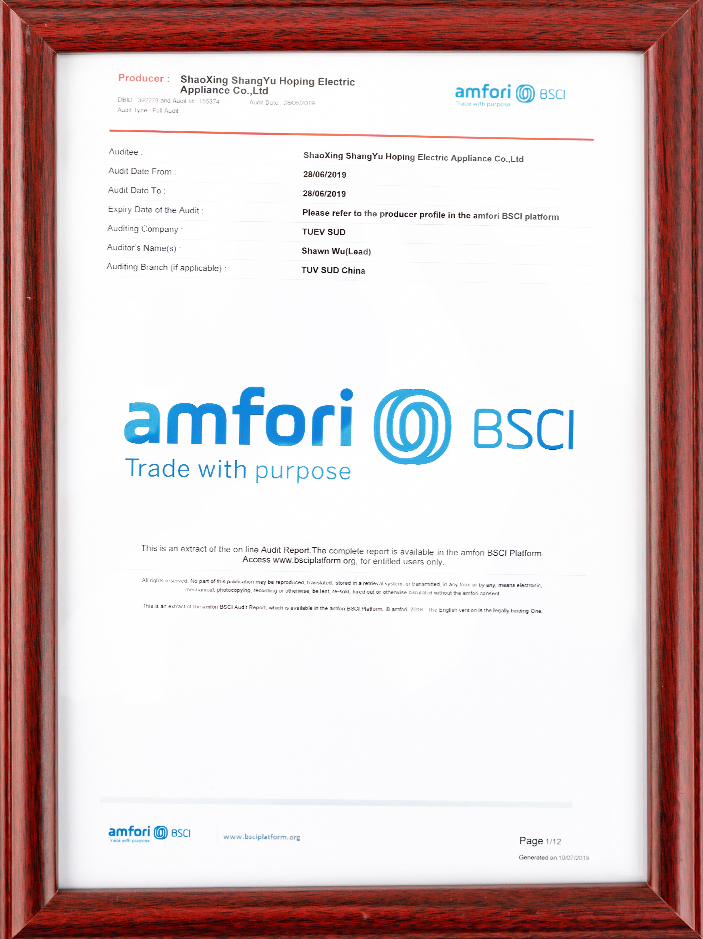
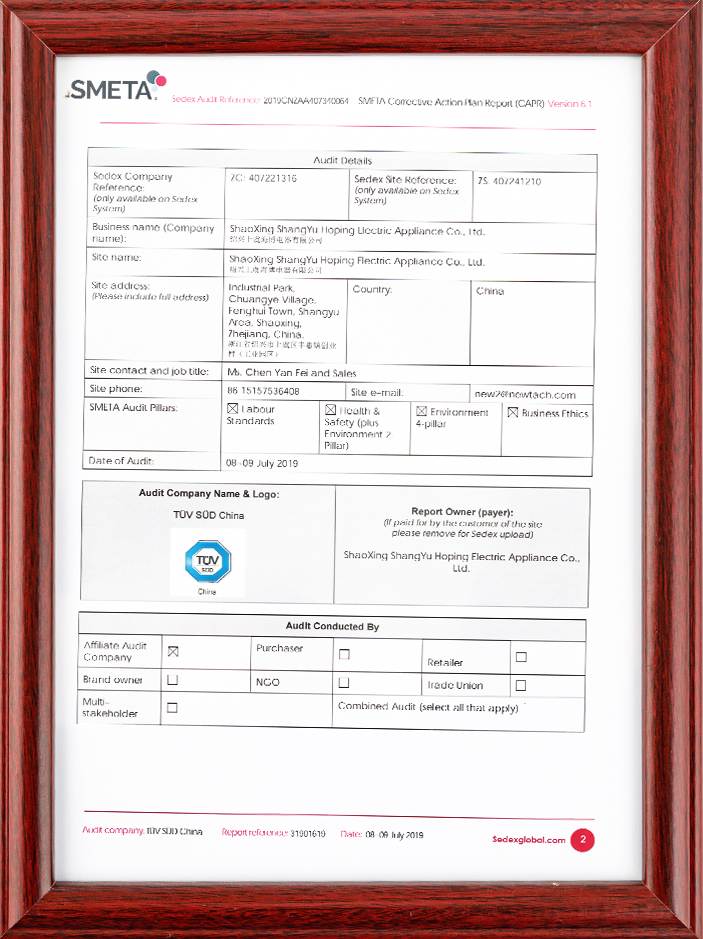
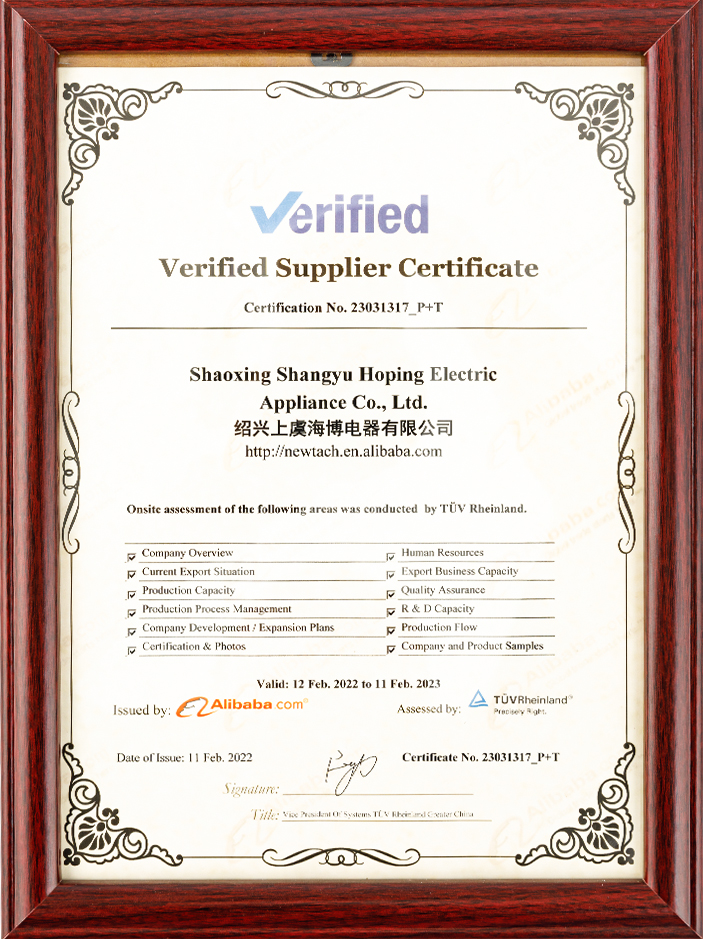
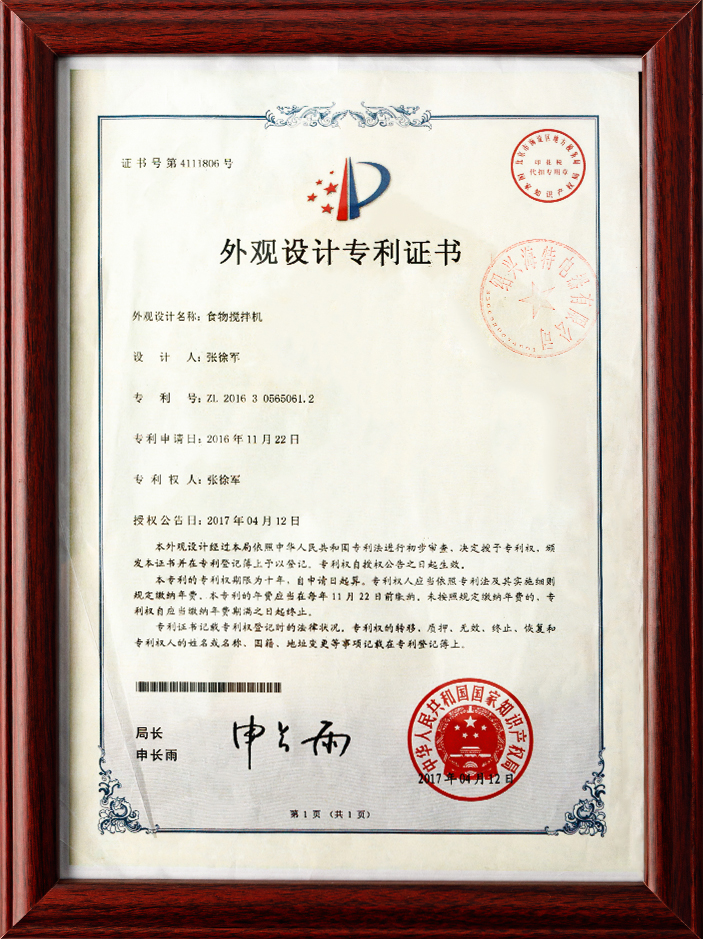
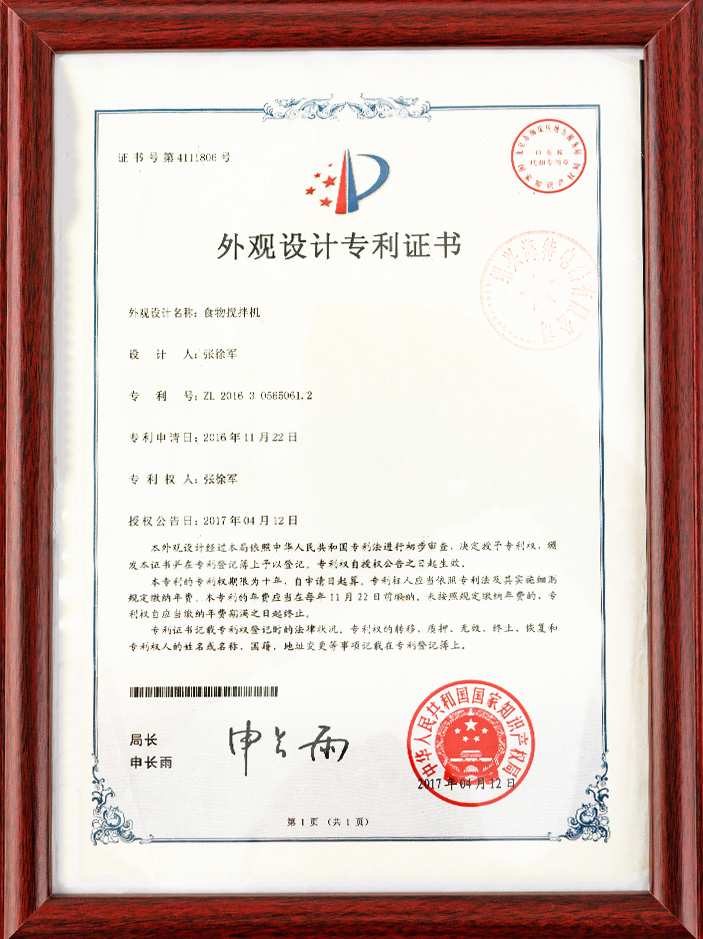
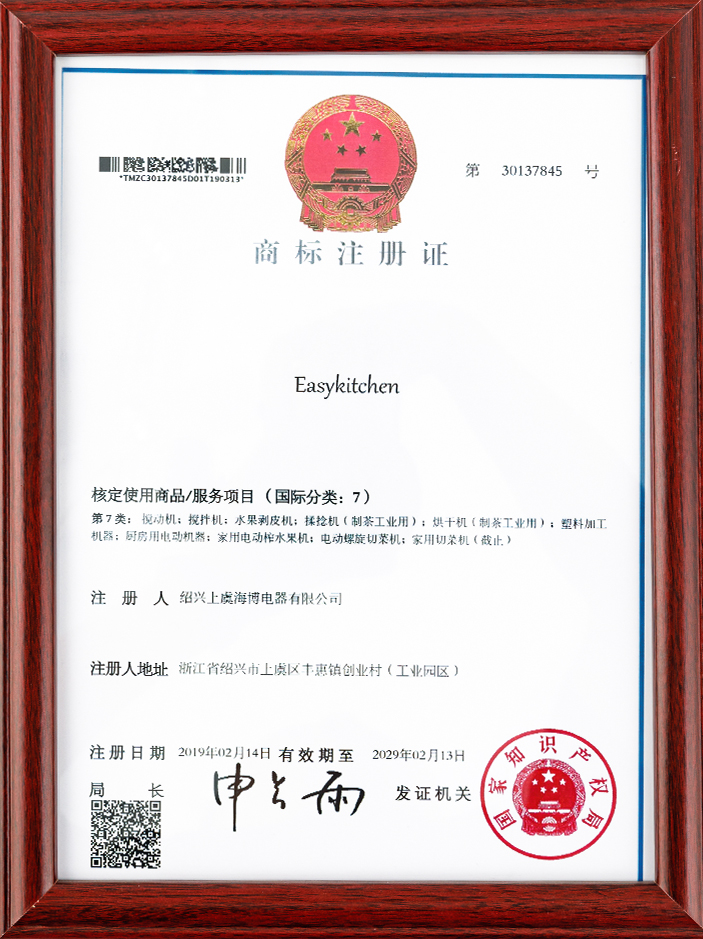
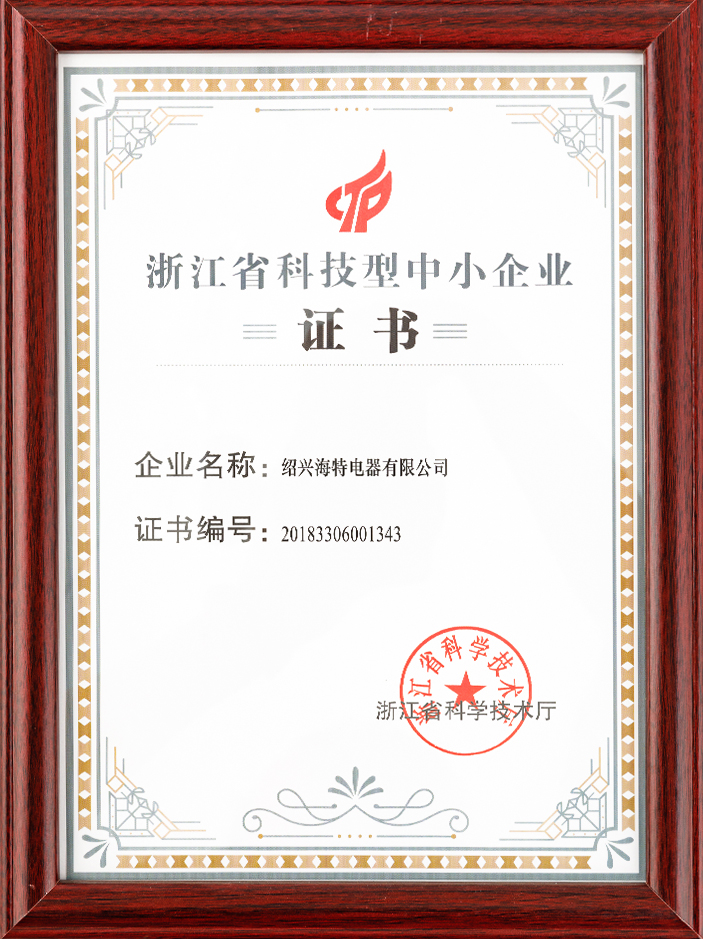
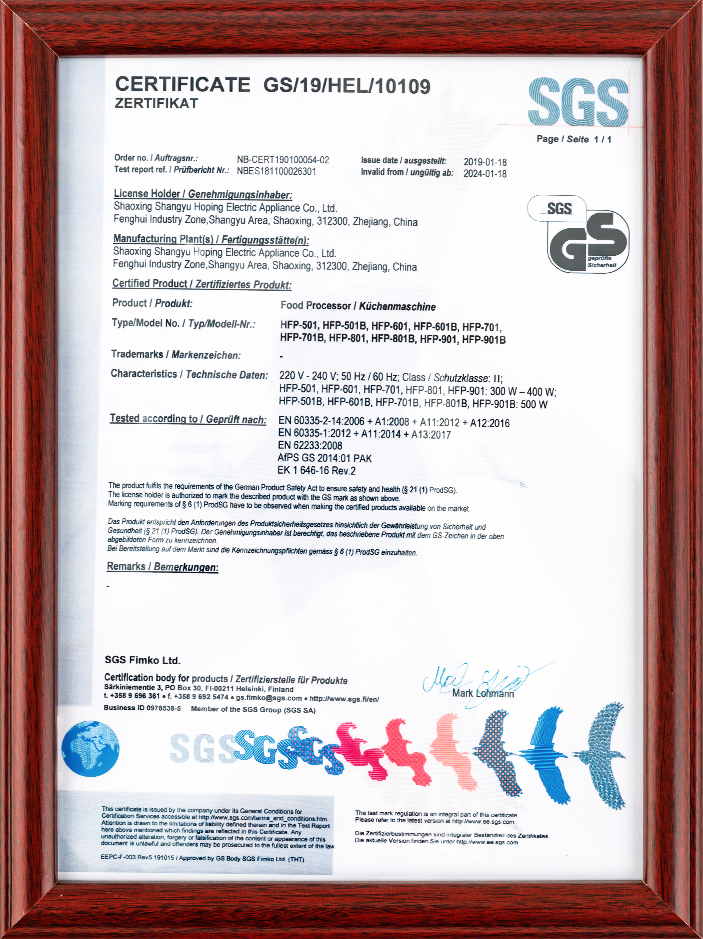





 浙公网安备 33060402001386号
浙公网安备 33060402001386号 